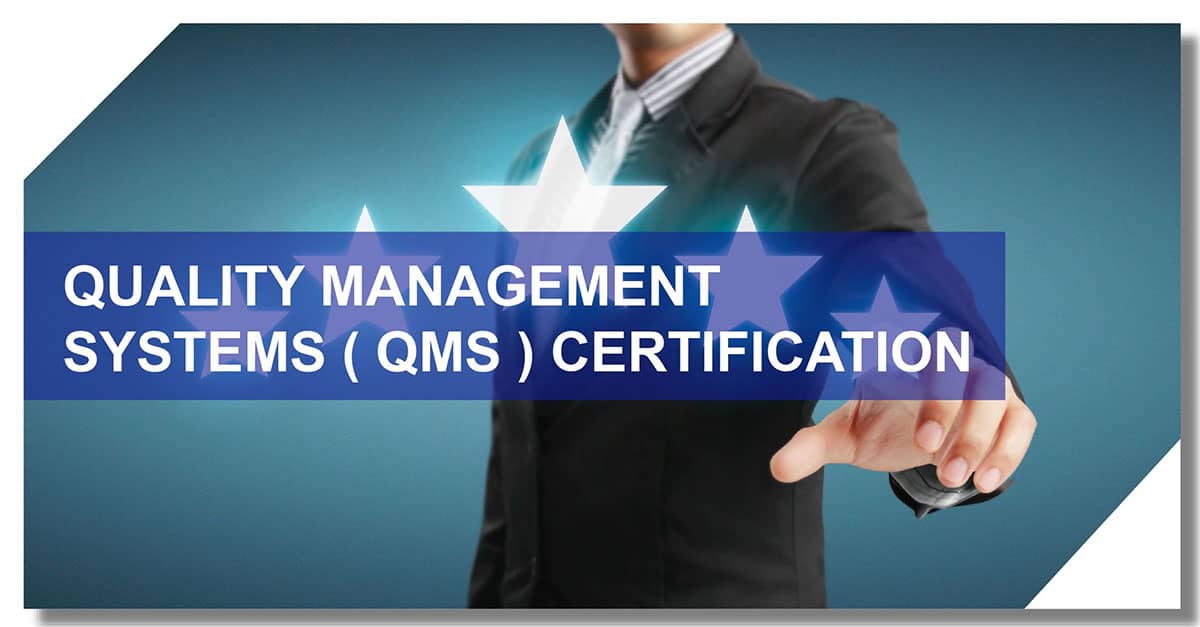Quality Management System (QMS) Consultant
QMS Certification Services for Medical Devices
A robust QMS is essential for medical device manufacturers to ensure product safety and regulatory compliance. Our team provides comprehensive training and guidance on QMS implementation, equipping manufacturers with the necessary tools to meet international standards.
What is a Quality Management System (QMS)?
A QMS is a structured framework encompassing all aspects of design, manufacturing, clinical data, risk management, and regulatory compliance. It is designed to improve product quality, streamline processes, and meet international regulatory standards such as ISO 13485 and the US FDA’s Quality System Regulation (21 CFR Part 820). Operon Strategist offers expert consultation on documentation and implementation processes.

Types of QMS Certifications for Medical Devices
- ISO 13485 Certification – The globally recognized standard for medical device quality management systems, ensuring compliance with regulatory requirements.
- ISO 15378 Certification – A QMS certification for primary packaging materials in the pharmaceutical and medical device industries.
- ISO 9001 QMS Certification – A universal quality management standard applicable across industries, including medical device manufacturing.
- US FDA 21 CFR Part 820 – Covers quality system regulations for medical device design, manufacturing, labeling, and distribution.
- 21 CFR Part 210 & 211 – Quality assurance regulations for drug and pharmaceutical manufacturing.
Looking for Medical Device Regulatory Consultant?
Why is QMS Important for Medical Device Companies?
- Ensures compliance with regulatory requirements
- Enhances efficiency and product quality
- Improves customer satisfaction and trust
- Provides a structured approach to risk management
- Supports continuous improvement of processes
What is QMS Certification?
QMS certification validates that an organization meets the necessary regulatory and quality standards. In April 2019, the Saudi FDA (SFDA) published guidelines to help medical device manufacturers implement ISO 13485:2016 in their QMS. Our consultants provide expert assistance in preparing for and obtaining certification.
How to Obtain QMS Certification
To achieve QMS certification, companies must implement a compliant QMS and undergo an audit by a certification body. Operon Strategist offers end-to-end support, from training and documentation to audit preparation and certification.
Role of QMS Consultants
QMS consultants assist organizations with:
- Designing and validating QMS documentation
- Conducting training sessions
- Preparing for regulatory audits
- Ensuring compliance with ISO and FDA requirements
The SFDA mandates a thorough document assessment and QMS audit before authorizing medical devices for the Saudi market. Our consultants streamline this process, ensuring a smooth certification journey.
Get Expert Consultation Services to Market Your Medical Device in Saudi Arabia
Operon Strategist: Your Trusted QMS Certification Partner
Our expert team specializes in regulatory compliance, quality management, and certification for medical devices. We provide guidance on:
- US FDA 510(k) Clearance – Ensuring device safety, effectiveness, and substantial equivalence to legally marketed products.
- Drug Master File (DMF) Preparation – Assisting in the preparation and submission of DMFs to the US FDA.
- CDSCO Registration (India) – Helping manufacturers comply with the Drugs and Cosmetics Act for medical device approvals.
- CE Marking for Europe – Facilitating compliance with European medical device directives for market entry.
Why Choose Operon Strategist?
Operon Strategist brings extensive experience in QMS certification for medical devices, in-vitro diagnostic devices, and packaging materials. Our global expertise and regulatory knowledge help businesses navigate complex compliance landscapes efficiently.
Let our experienced team simplify your QMS certification process, ensuring compliance and market readiness. Contact Operon Strategist today to get started!
FAQs
- What is QMS Service?
These are the set of policies and procedures that enable organizations to identify, control, and improve business processes which lead to improved business performance.
- Which ISO covers a quality management system for medical devices?
For medical devices, the Quality Management System is implemented according to the ISO 13485 standard.
- What are the benefits of QMS?
QMS is important to build trust as a design or as a manufacturing company.
- It improves processes and increases efficiency.
- It ensures the consistent quality of products and services.
- It helps to build a reputation and it creates trust among the customers.
